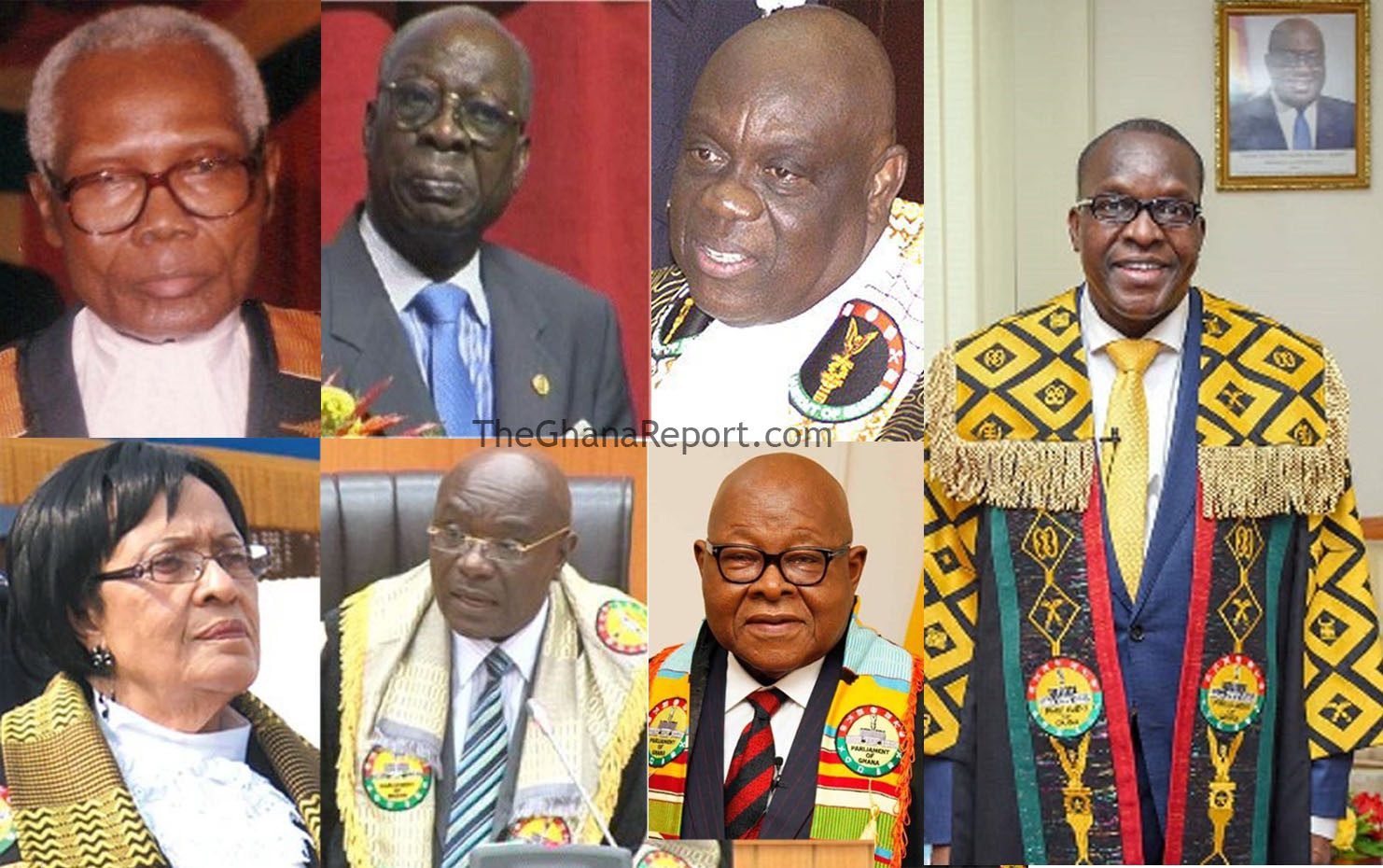Top Titans: 10 of Africa’s Wealthiest Men and Their Inspiring Economic Impact.
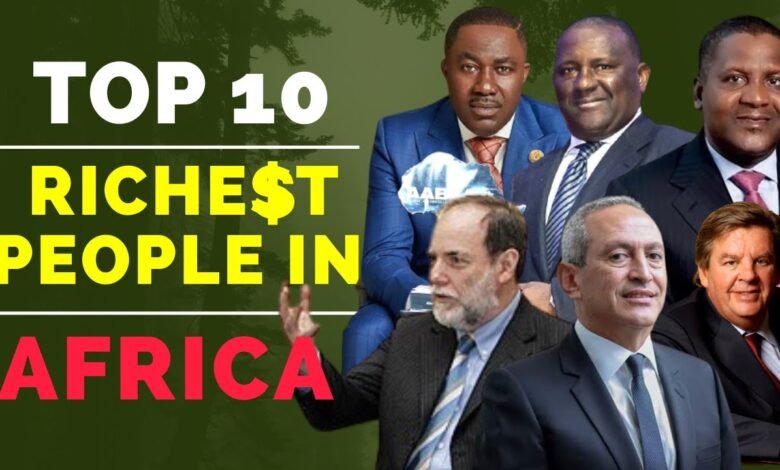
Top Titans:
10 Top Titans of Africa:
1. Aliko Dangote (Nigeria):
Aliko Dangote, a Nigerian business magnate and top titan, is often regarded as Africa’s richest person. He is the founder and chairman of the Dangote Group, a conglomerate with interests in commodities such as sugar, salt, flour, and cement. Dangote’s wealth is deeply rooted in his entrepreneurial ventures, making him a key player in Africa’s economic landscape.
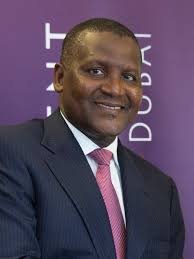
2. Nassef Sawiris (Egypt):
Nassef Sawiris, an Egyptian billionaire and another top titan, is the CEO of Orascom Construction Industries, a prominent construction and fertilizer company. Additionally, he has investments in various sectors, including telecommunications and cement. His diversified business portfolio has contributed significantly to his substantial wealth.
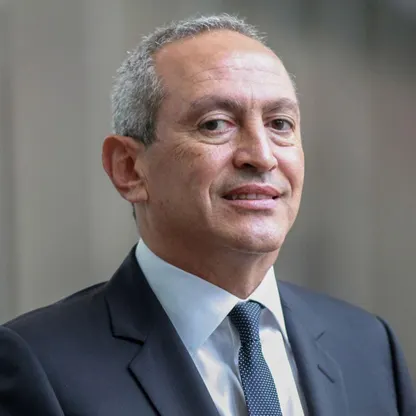
3. Nicky Oppenheimer (South Africa):
The Oppenheimer family, particularly Nicky Oppenheimer, another prominent top titan has been a prominent name in South Africa’s mining industry. Formerly the chairman of De Beers, a renowned diamond mining company, Oppenheimer’s wealth stems from the family’s mining interests and investments in various sectors.

4. Johann Rupert (South Africa):
Johann Rupert is a South African businessman and the chairman of Richemont, a luxury goods company. He also one of Africa’s top titans with interests in brands like Cartier and Montblanc, Rupert’s wealth is intricately linked to the high-end consumer market. His business acumen and strategic investments have solidified his position among Africa’s wealthiest individuals.
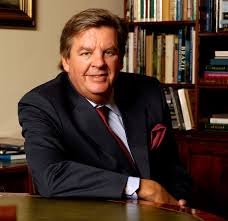
5. Mike Adenuga (Nigeria):
Mike Adenuga, a Nigerian entrepreneur, is the founder of Globacom, a leading telecommunications company. In addition to his telecom ventures, Adenuga has interests in oil and gas, banking, and real estate, contributing significantly to his impressive net worth.
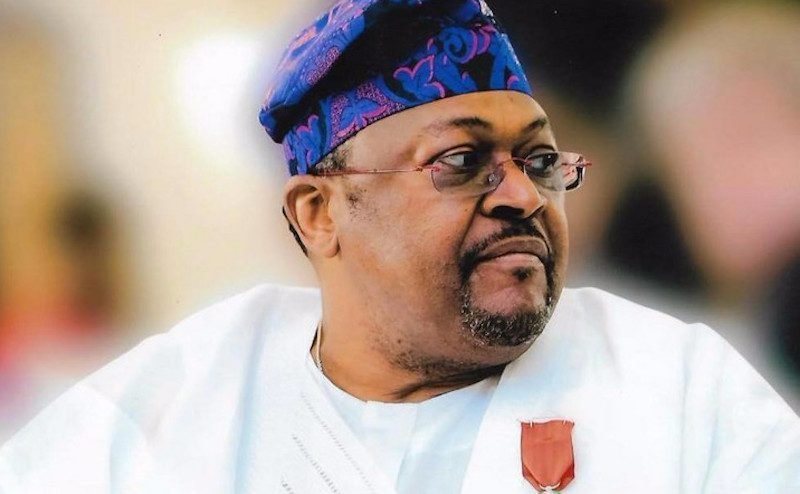
6. Issad Rebrab (Algeria):
Issad Rebrab, an Algerian businessman, is the founder and CEO of Cevital, Algeria’s largest private conglomerate. Cevital has diverse interests, including agribusiness, automotive, and steel production. Rebrab’s success in building a multifaceted business empire has placed him among the wealthiest individuals in Africa.
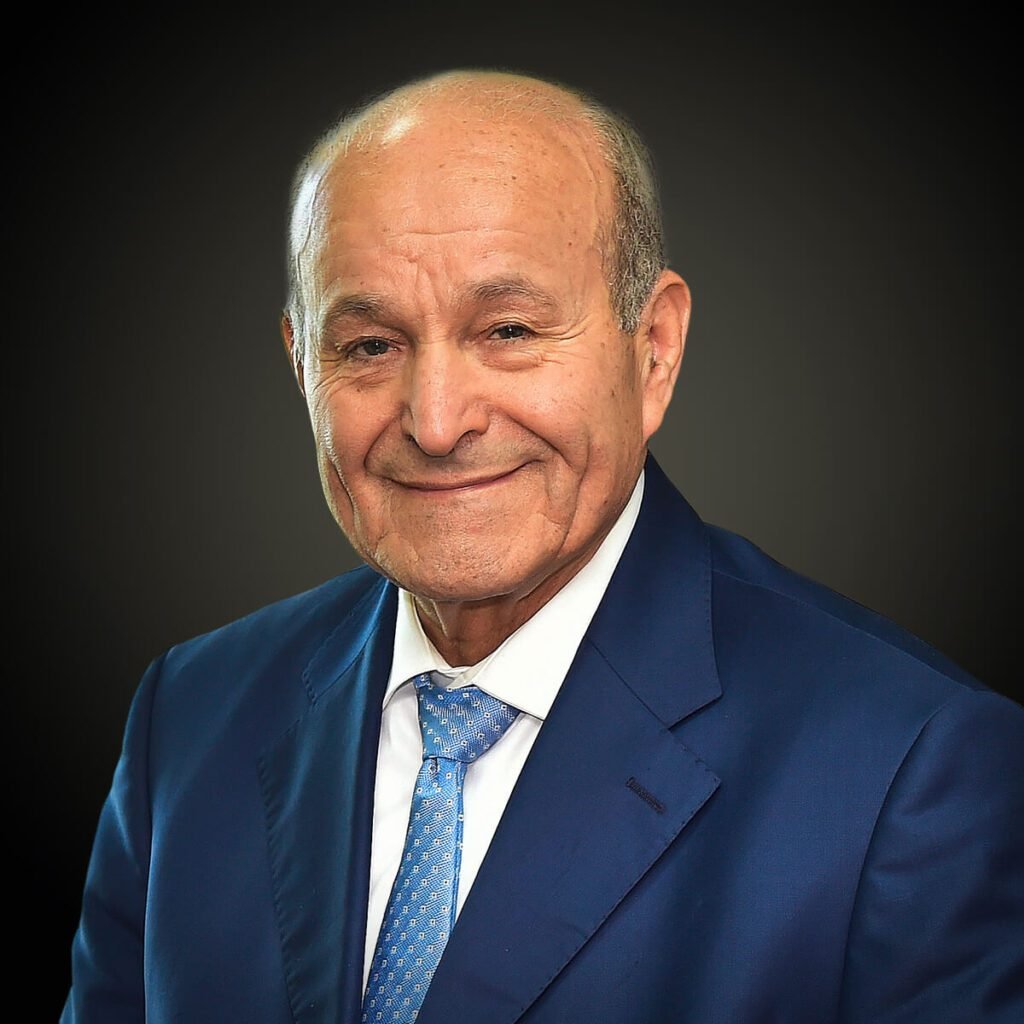
7. Patrice Motsepe (South Africa):
Patrice Motsepe, a South African mining magnate, is the founder and executive chairman of African Rainbow Minerals. His wealth primarily comes from mining interests in gold, platinum, and other minerals. Motsepe has also made strides in promoting philanthropy and sustainable development in South Africa.
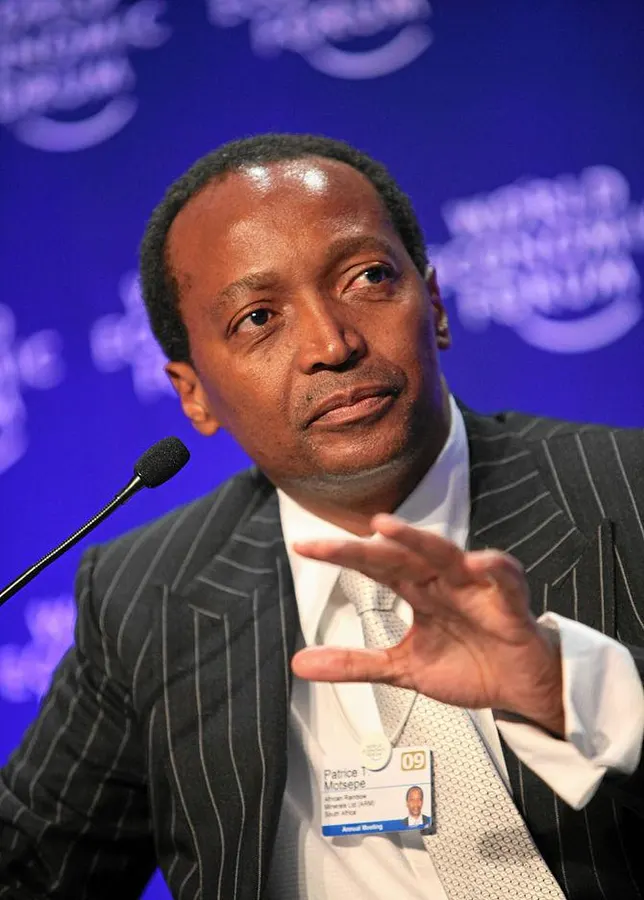
8. Abdulsamad Rabiu (Nigeria):
Abdulsamad Rabiu is the founder and chairman of BUA Group, a Nigerian conglomerate with interests in cement, sugar, and real estate. Rabiu’s entrepreneurial endeavors have played a pivotal role in his accumulation of wealth, making him one of Nigeria’s richest individuals.
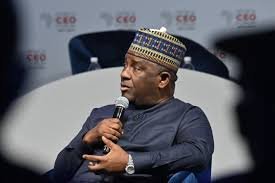
9. Mohamed Mansour (Egypt):
Mohamed Mansour is a prominent Egyptian businessman with investments in various sectors, including automotive, real estate, and consumer goods. As the chairman of the Mansour Group, his family’s conglomerate, Mansour has played a vital role in expanding the group’s presence across multiple industries.
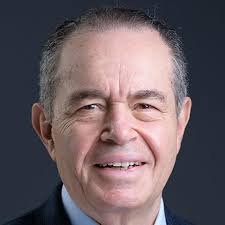
10. Aziz Akhannouch (Morocco):
Aziz Akhannouch is a Moroccan businessman involved in the petroleum and chemical industries. He is the CEO of Akwa Group, which has interests in energy, agriculture, and tourism. Akhannouch’s wealth is a result of his successful business ventures and strategic investments.
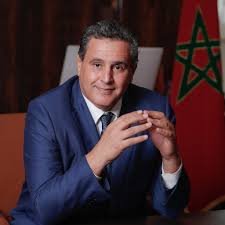
These individuals represent a diverse range of industries and have played integral roles in shaping the economic landscapes of their respective countries. Africa’s richest people showcase the continent’s entrepreneurial spirit and highlight the potential for growth and success in various sectors.
Economic Impact of Top Titans in Africa:
Africa’s wealthiest people wield significant economic influence through their businesses that extend far beyond their personal wealth. This essay examines how the business empires of Africa’s wealthiest people are driving economic growth, job creation and social development on the continent.
Nigerian tycoon Aliko Dangote symbolizes the economic influence of Africa’s richest men. As founder and chairman of the Dangote Group, his efforts in the production of cement, sugar, salt and flour have become an integral part of the continent’s economic structure. In particular, Dangote’s investment in the cement industry not only led to Nigeria’s self-sufficiency, but also contributed to infrastructure development across Africa. The ripple effect of his business is felt through job creation, increased industrial production, and revitalization of related industries.
Nassef Sawiris, Egyptian billionaire and CEO of Orascom Construction Industries, personifies economic influence through his diverse interests. His contributions extend beyond construction to telecommunications and fertilizers, impacting many industries. By promoting economic diversification, Sawiris has played an important role in Egypt’s economic sustainability and job creation. His work contributes to creating a strong economic ecosystem by demonstrating the importance of portfolio diversification to reduce risk and promote sustainable growth. South Africa’s Nick Oppenheimer has made an indelible contribution to the mining sector.
The Oppenheimer family, former presidents of De Beers, significantly shaped South Africa’s economic landscape. In addition to its mineral wealth, the family’s philanthropic work in the areas of education and health demonstrates its holistic approach to community development. The economic impact here is not only wealth accumulation, but also the creation of a positive social footprint.
South African businessman and top titan Johan Rupert has left an indelible mark on the luxury goods sector. As Chairman of Richemont, his leadership catapulted South Africa onto the world stage of high-tech manufacturing and craftsmanship. This not only increases the country’s international standing, but also develops skills and expertise within the country.
Nigerian telecom entrepreneur and top titan Mike Adenuga represents a transformative force in the telecom sector. As the founder of Globacom, Adenuga’s impact goes beyond creating new jobs and expanding economic opportunity. The telecommunications revolution in Nigeria sparked by his venture not only bridged the communications gap but also became a catalyst for economic activity and innovation.
A top titan, Issad Labrab, Algerian founder and CEO of Cevital, is making a significant contribution to economic diversification. His conglomerate’s interests in agriculture, automobile manufacturing, and steel production reduce Algeria’s dependence on imports and boost domestic industry. Rebrab’s economic impact demonstrates the role of private enterprise in driving industrialization and achieving economic self-sufficiency.
South African mining magnate and top titan, Patrice Motsepe demonstrates the link between wealth and social responsibility. Although his wealth comes from the mining sector, Motsepe has been an advocate for sustainable development and philanthropy. His efforts to promote economic empowerment and education demonstrate the broader impact wealth can have in improving society.
Another top titan, Abdulsamad Rabiu’s contribution to Nigeria, especially through the BUA Group, reverberates across all major industries. From cement to sugar to real estate, Rabiu’s investments are fueling economic development and job creation. His efforts demonstrate the potential of private enterprise to drive growth and self-sufficiency in strategic sectors.
A top titan called Mohammed Mansour’s influence in Egypt reflects the power of his diversified business empire. As Chairman of the Mansour Group, he invests in the automotive, real estate and consumer goods sectors. This diversification helps create a resilient economy that can withstand a variety of economic challenges.
Moroccan oil and chemical entrepreneur Aziz Akhannoukh demonstrates the importance of energy security. His leadership at Akwa Group not only contributes to Morocco’s economic growth but also ensures energy self-sufficiency. The economic impact of his companies demonstrates the key role private enterprise plays in national development.









